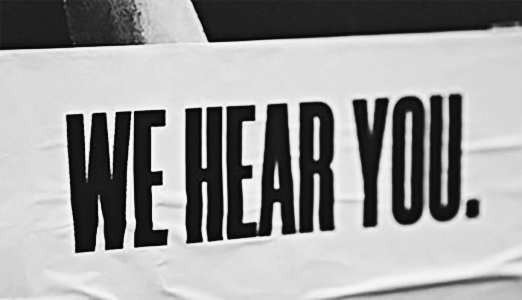1. Listening to people impacted by disasters

This section will prioritise listening to the perspectives of those who have experienced disasters. It is important that disaster informed social workers become familiar with the many different ways that disasters can impact on people and communities. However, it is vital to keep in mind that experiences will not be homogenous, and different countries, communities and individuals will be impacted by disasters in different ways, even when their experiences at first seem similar. This makes taking the time to listen to, and work alongside, those impacted by disasters, of primary importance in providing social work support in these contexts.
The activities in this section are designed to encourage you to focus on listening to and understanding the perspectives of those impacted, and not drifting into trying to solve the problems they raise at this stage (as can sometimes be the instinctive response of social workers). The role of social workers in developing creative and ethical responses to disasters will be covered more in Module 4. For now, please try to just listen.
Complete short task 1 in workbook (20 minutes)
As a social worker working in disaster contexts, it is important to be able to work with individuals, families and communities outside of strict statutory contexts. However, social work assessment skills remain a key tool for social workers to utilise in these contexts, and in particular when drawing out important information from people impacted.
Complete short task 2 in workbook (30 minutes)
Section links
- Listening to people impacted by disasters (current page)
- Research on working with specific groups
- Older Populations
- Ethnic Minority Populations
- Women
- Multi-agency working
- Follow-up task
